UN condemns Ethiopia’s expulsion of its staff, says 5.2 million need aid in Tigray
The United Nations has denounced Ethiopia’s decision to expel seven UN officials from the country amid increasing international criticism over the dire humanitarian situation in the restive region of Tigray.
Jens Laerke, spokesperson for the United Nations Office for the Coordination of Humanitarian Affairs (OCHA) condemned the move at a UN briefing in Geneva on Friday, warning that 5.2 million people in Tigray are in need of urgent assistance as malnutrition rises in the northern region.
"It is critically important that the humanitarian operation continues - and it does," Laerke said, adding "Until now there is no indication that it (Ethiopia's decision) stops the operation."
Laerke further said the UN hopes that Ethiopia changes or reviews the decision, stressing that the current situation is “critical.”
He went on to say that 79% of pregnant and lactating women screened in Tigray last week were diagnosed with acute malnutrition, adding that only about 11% of the trucks needed to bring life-saving food have entered the conflict-ridden region since mid-July.
In a statement on Thursday, Ethiopia’s Foreign Ministry announced that the government has ordered the expulsion of seven senior UN officials from the country for “meddling” in its internal affairs and has given them 72 hours to leave.
It said the officials include five members of the OCHA, as well as the UN Children’s Fund (UNICEF) representative, and a team leader from the UN human rights office (OHCHR).
The order came as humanitarian workers have been sounding the alarm about limited access to the embattled Tigray region.
It also came two days after two days after the UN aid chief Martin Griffiths blamed the worsening humanitarian crisis in Tigray on Ethiopia’s government and called for urgent action to stave off famine in the war-scarred region.
Also on Friday, UN human rights spokesman Rupert Colville denounced as a "really grave step" the expulsions, saying "The scale, seven people across three agencies, is extremely rare, if not unprecedented."
"We are pretty much united across the UN that this is not an acceptable situation," he added.
Tigray has been the scene of conflict since November 2020, when Prime Minister Abiy sent troops there to topple the Tigray People’s Liberation Front (TPLF), saying the move came in response to attacks on army camps.
Three weeks later, the government declared victory when it gained control of the regional capital Mekelle. However, the TPLF forces resumed fighting later and retook Mekelle and most of Tigray at the end of June after the government withdrew its soldiers and declared a ceasefire.
Since then the fighting continues and Ethiopia’s government has called on “all capable Ethiopians” to join the central government in the fight against TPLF.
Meanwhile, TPLF is pushing into Tigray's neighboring regions of Afar and Amhara.
As the conflict has deepened, the humanitarian toll has surged, and aid workers are struggling to reach cut-off populations in Tigray, according to the UN.
In July, the OCHA said the flow of aid to Tigray had virtually stopped since August 20, with no trucks having been able to enter the region.
The conflict in Tigray has sparked international criticism of Abiy and concern for the stability of Africa's second-most populous country. It has forced nearly two million people to flee their homes and plunged around 400,000 people into famine conditions.
VIDEO | Press TV's news headlines
VIDEO | Indian Prime Minister Modi addresses Ethiopia's parliament
VIDEO | Nur Shams: “How do you carry a lifetime in a bag?”
VIDEO | Iran-Russia united
VIDEO | Doctors in England begin five-day walkout over pay, working conditions
VIDEO | Tunisia marks Revolution Day
Maduro says US plan to turn Venezuela into its colony ‘will simply never happen’
Diplomacy as cover: Investigation details how US-Iran talks masked preparations for 12-day war


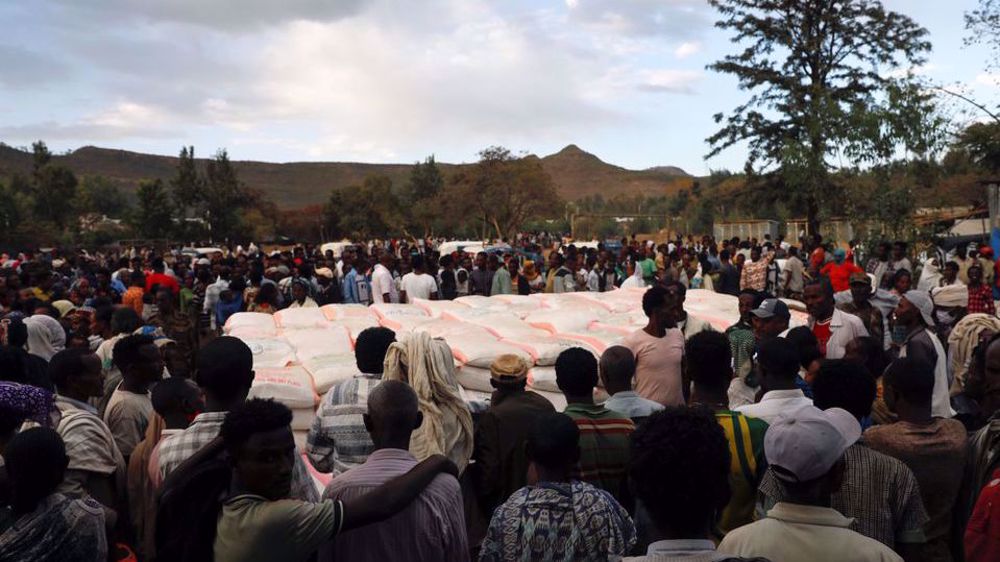
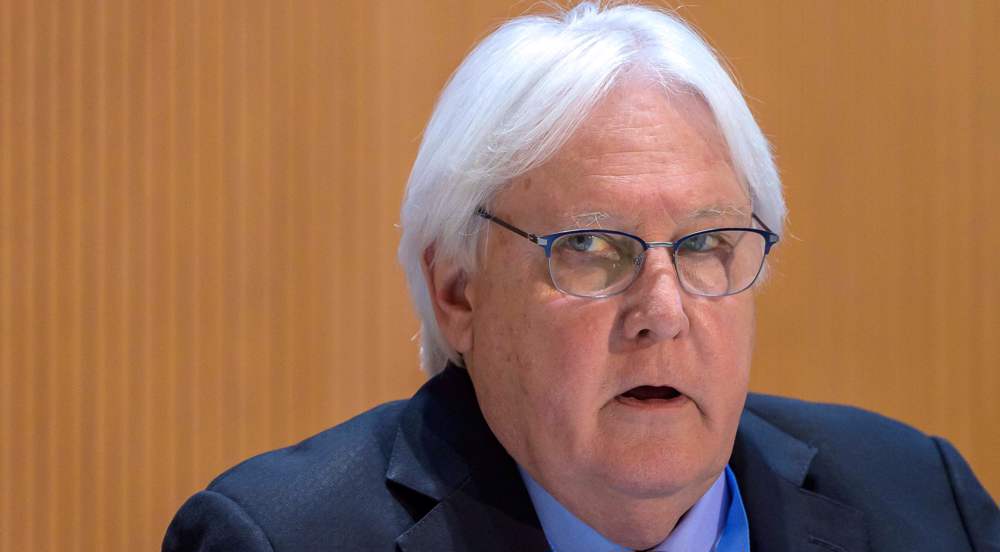
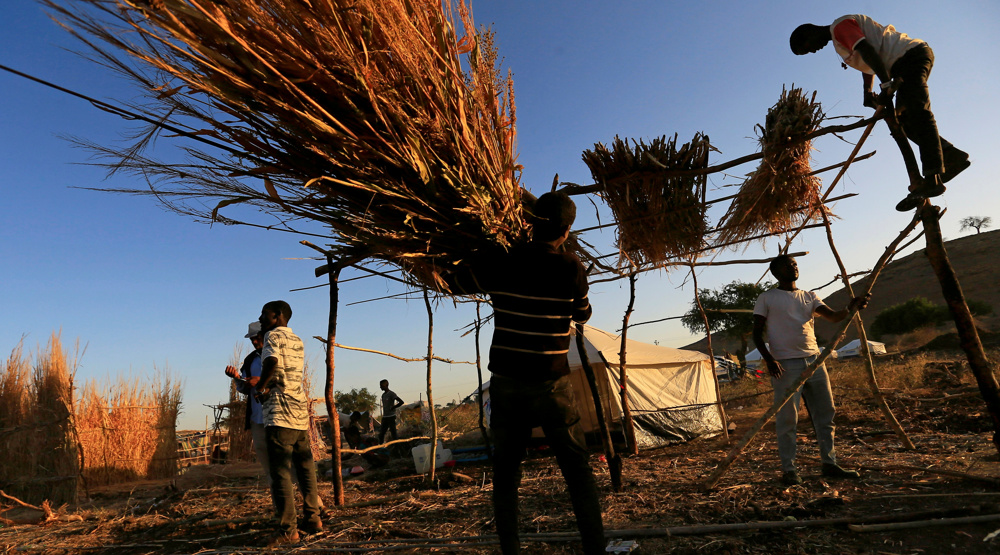
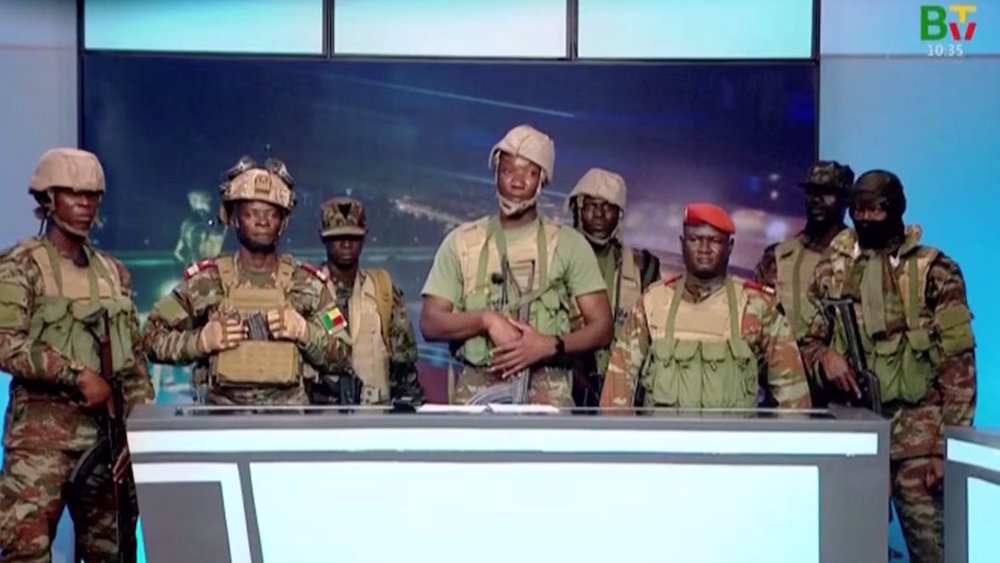

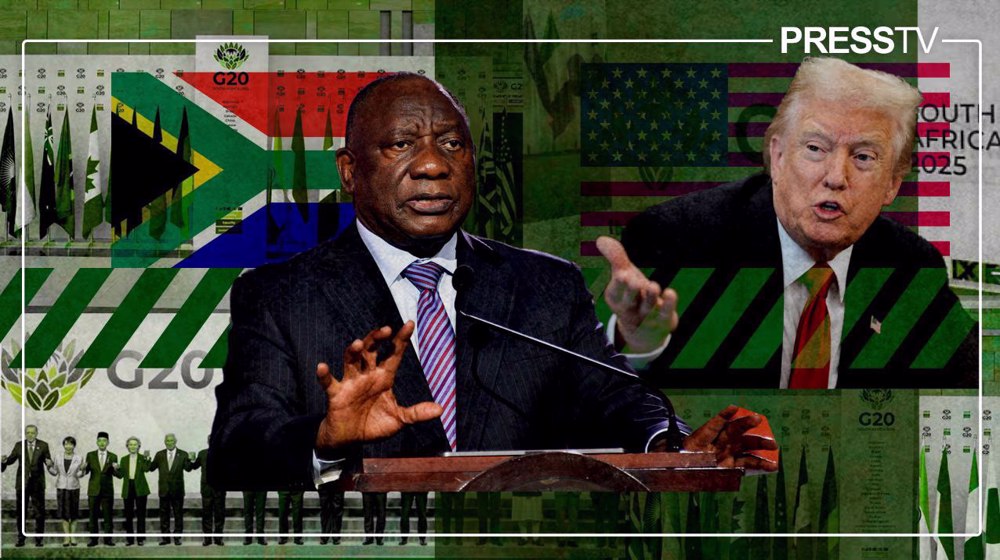



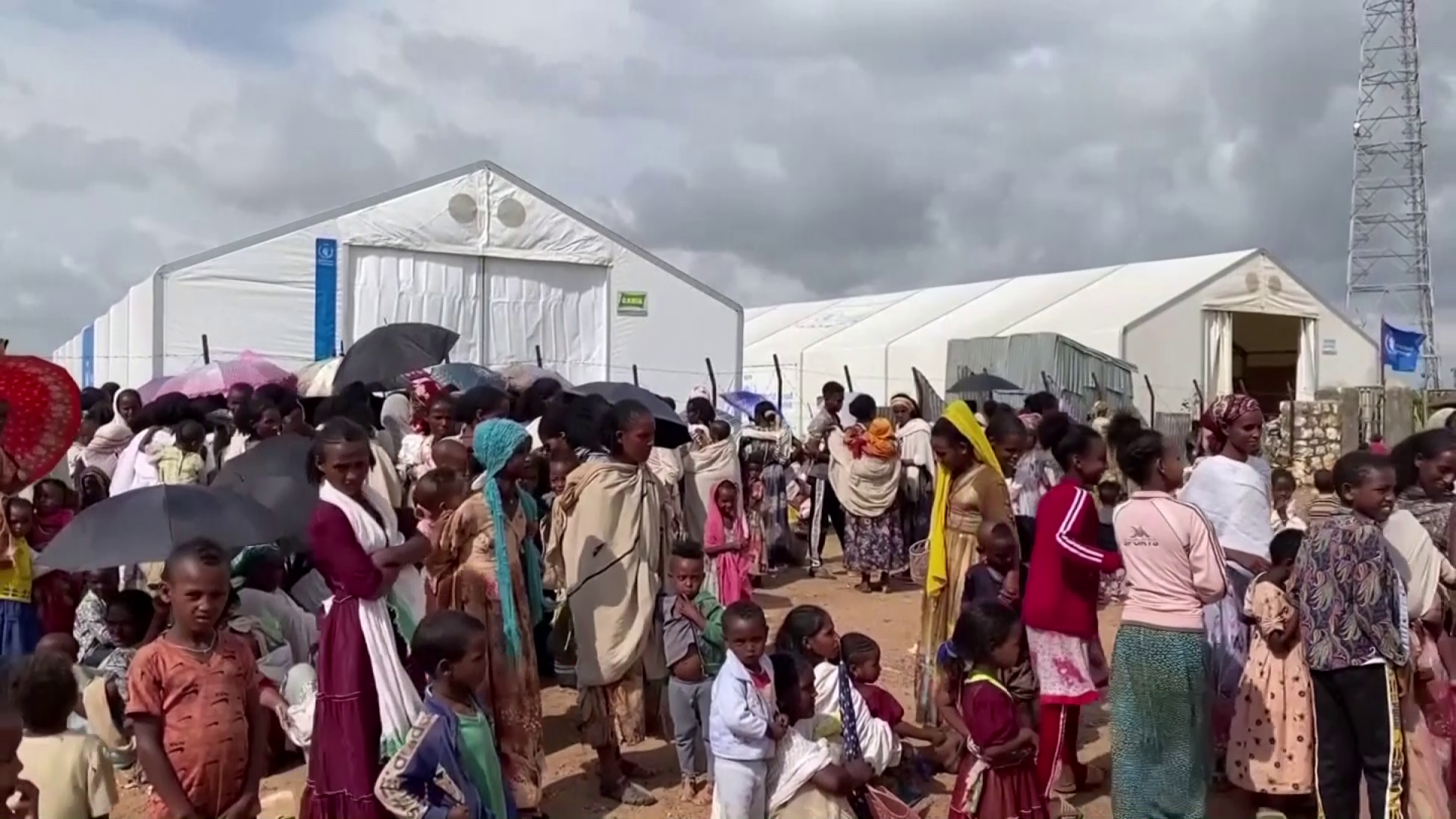
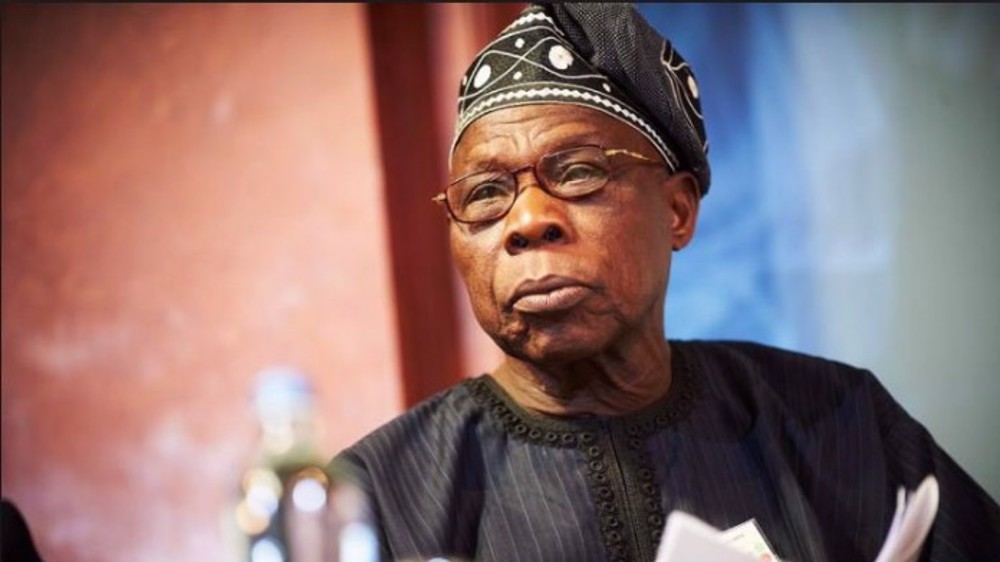
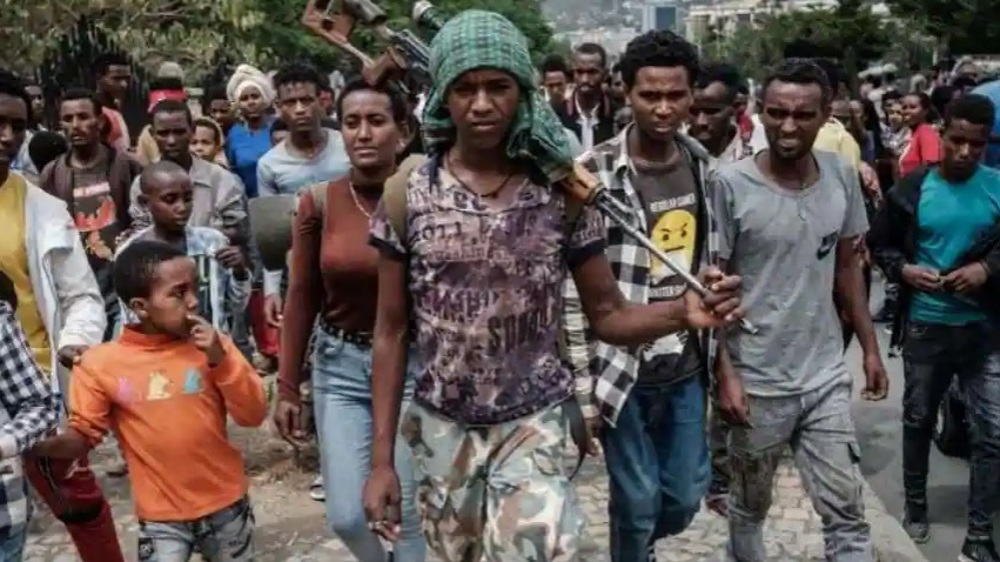

 This makes it easy to access the Press TV website
This makes it easy to access the Press TV website